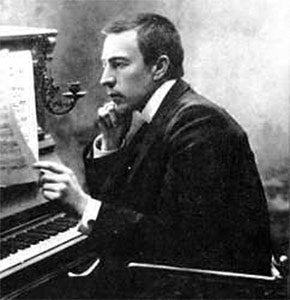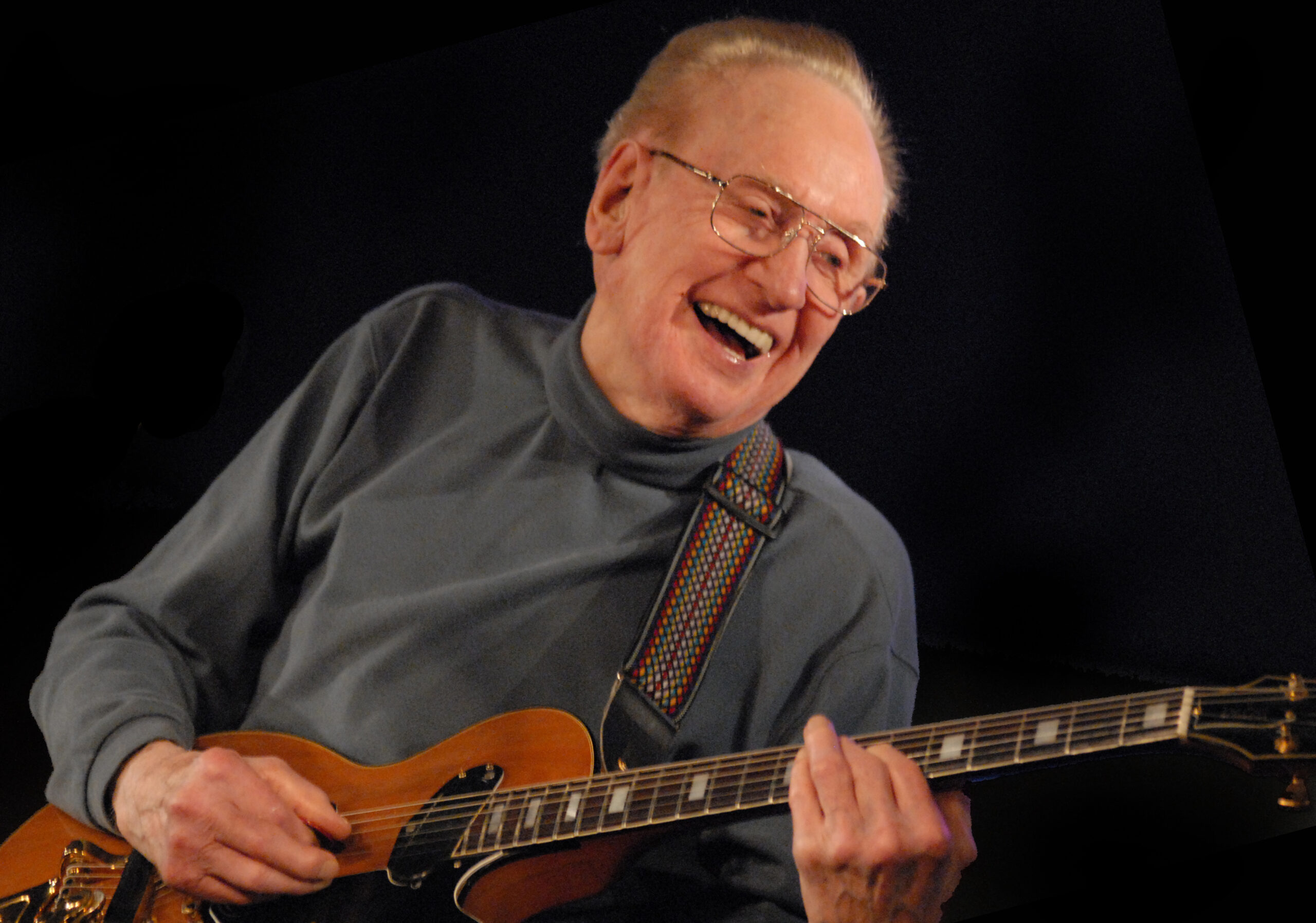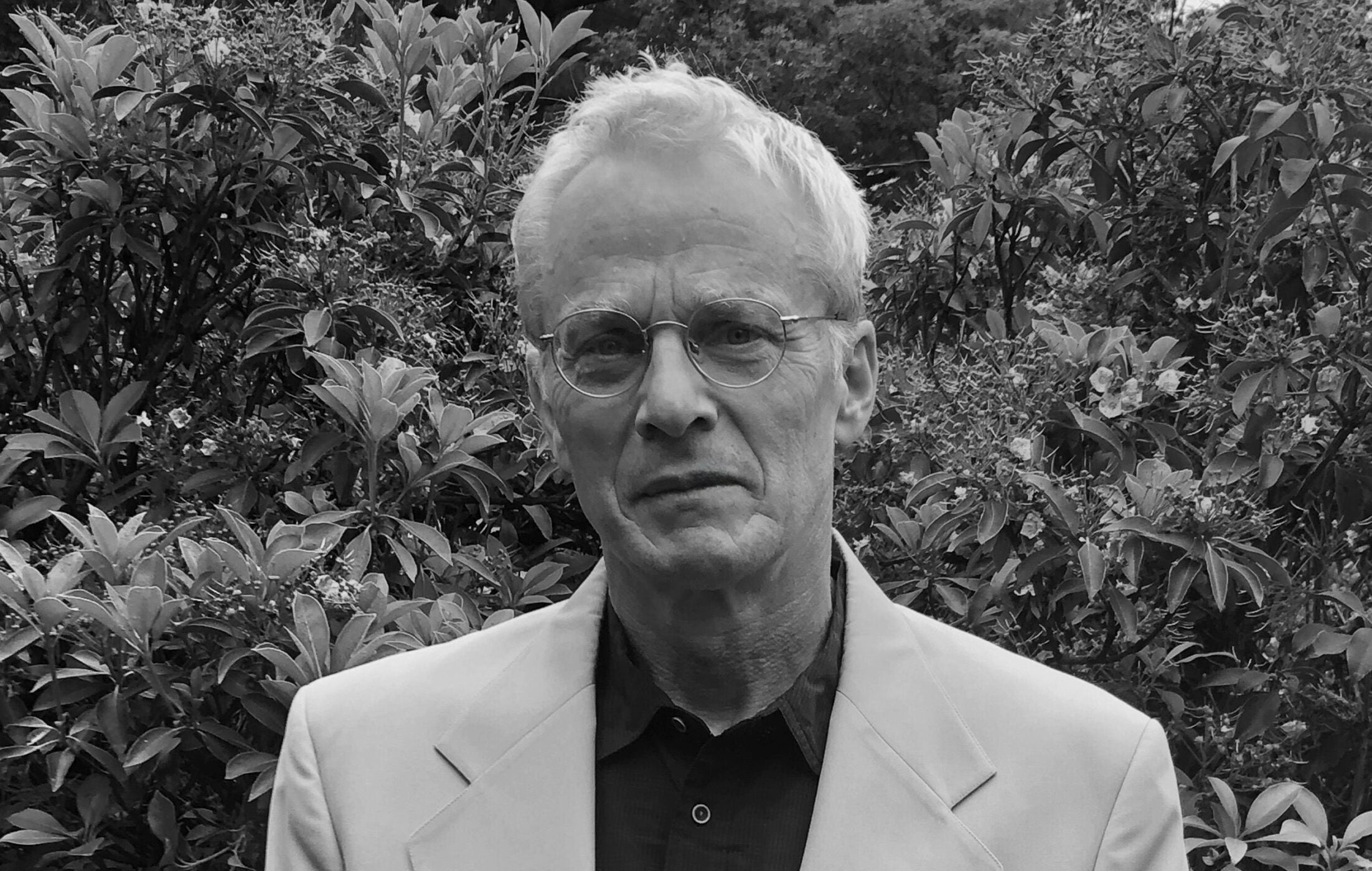Russian pianist and composer Sergei Rachmaninoff would eventually become an American citizen, but his first impression of America and America’s first impression of him were not entirely promising.
By 1909 Rachmaninoff was enough of an international celebrity to follow in the path of many famous performers who had done well in America, a prosperous nation hungry for European culture and willing to pay top dollar for it, and yet Rachmaninoff had his misgivings about his three-month concert tour of the New World.
Many of them would be justified.
Stay informed on the latest news
Sign up for WPR’s email newsletter.
The critics were not particularly impressed by Rachmaninoff and his music. Richard Aldrich of The New York Times granted that Rachmaninoff was “perhaps the tallest known pianist” and went on to suggest that in recent years his Second Piano Concerto had been performed more times than its “intrinsic merits” called for. He conceded that the pianist could convey plenty of effects on the instrument, but concluded that “a beautiful and varied tone is not conspicuous among them.”
A Boston reviewer dismissed the Second Concerto as “of uneven worth.”
Rachmaninoff’s Russian melancholy prompted the reviewer of a recital to remark that “towards the end of the program many of the listeners began to feel as if they were prisoners bound for Siberia.”
The homesick Rachmaninoff alternated between boredom and anger.
The highlight of his exhausting three months in America was playing his new Third Piano Concerto with the New York Philharmonic under the direction of another composer sojourning in America–Gustav Mahler. Rachmaninoff noted that Mahler insisted on rehearsing the orchestra to the point of perfection, his attitude being that every detail of the score was important. It was an attitude, Rachmaninoff said, that was all too rare among conductors.
Rachmaninoff called American audiences “amazingly cold”–even while mentioning that they demanded as many as seven encores from him–and complained that local newspapers used the number of encores as a gauge of talent.
Wisconsin Public Radio, © Copyright 2024, Board of Regents of the University of Wisconsin System and Wisconsin Educational Communications Board.






